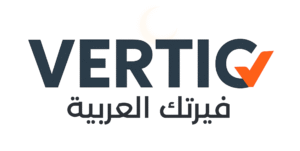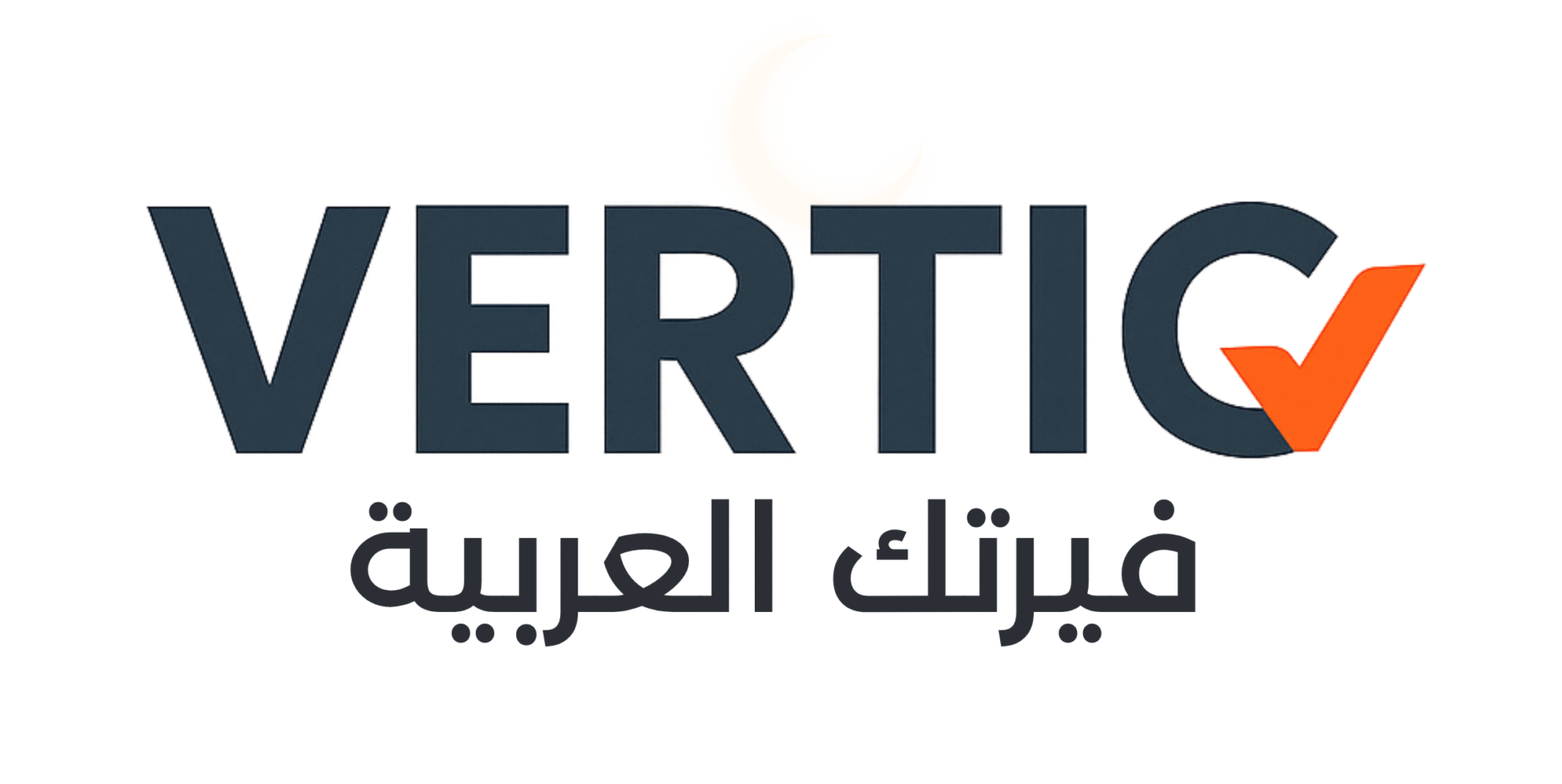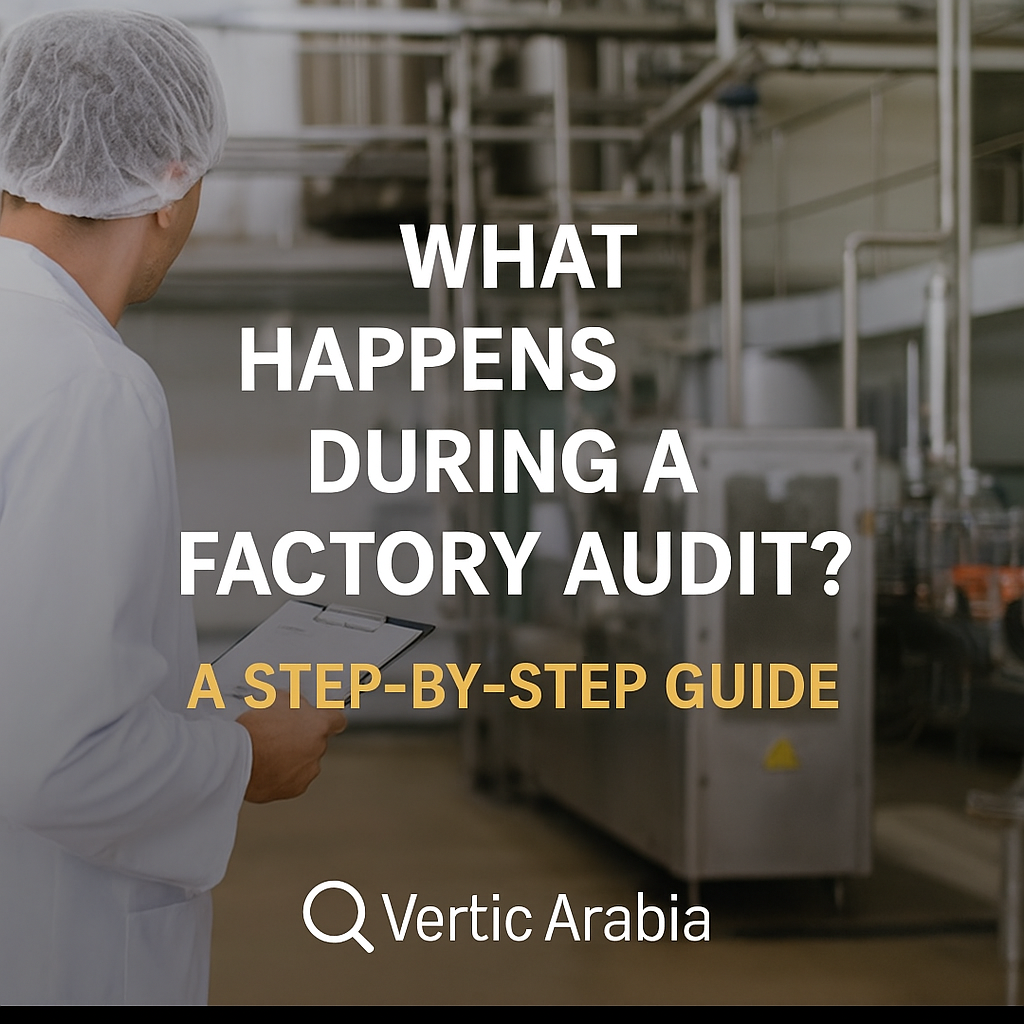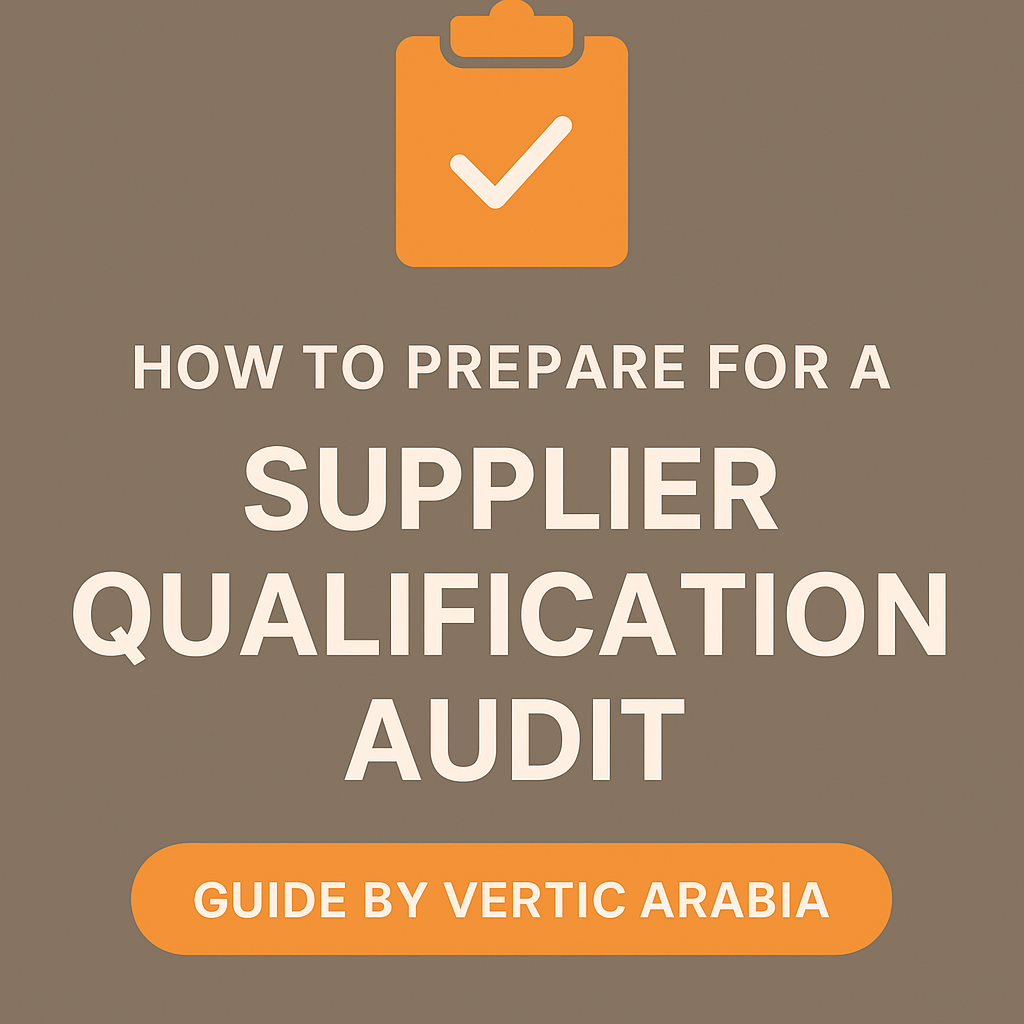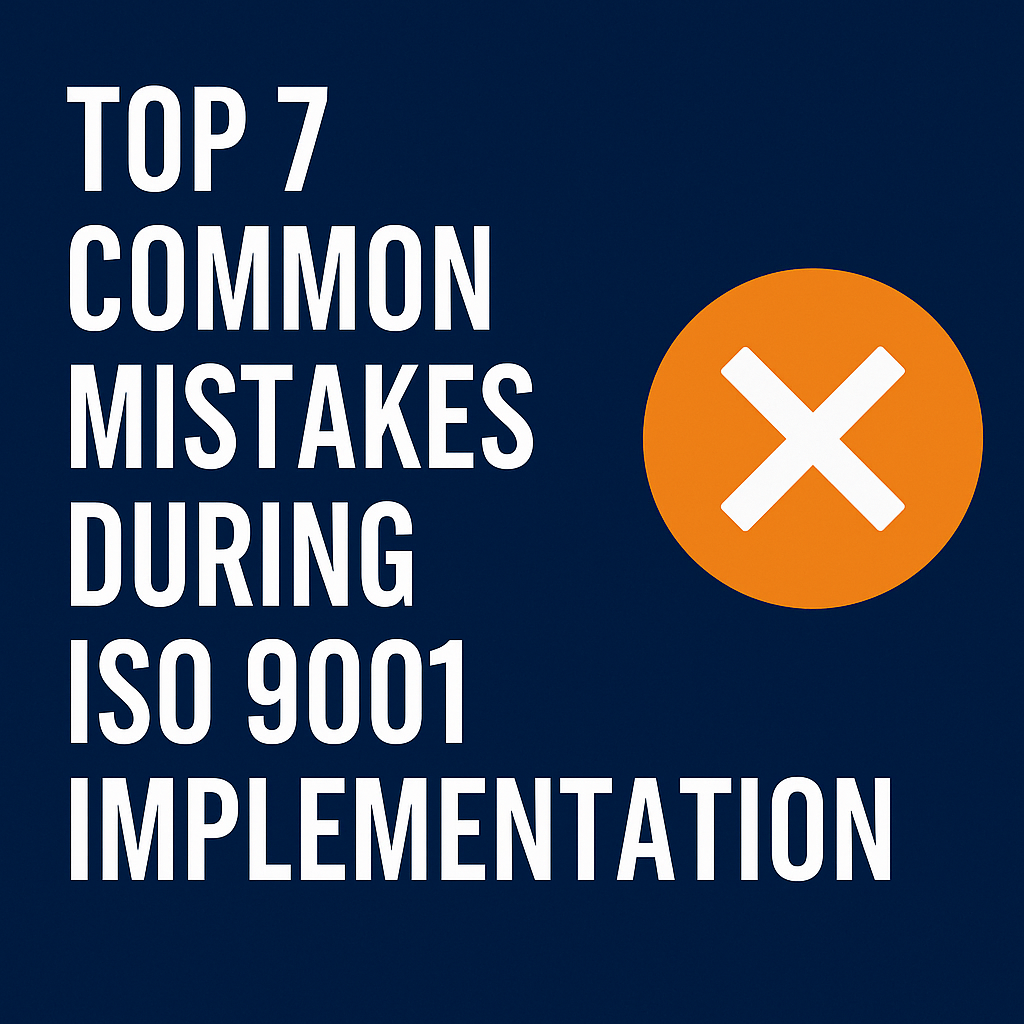A Step-by-Step Guide for Businesses & Buyers
Whether you’re sourcing new suppliers, verifying existing partners, or preparing for an international order, a factory audit gives you clarity, control, and confidence.
But what exactly happens during a factory audit? What do auditors look for? And how should your business prepare?
This step-by-step guide breaks down the entire process—so you know what to expect and how to make the most of it.
✅ What is a Factory Audit?
A factory audit is a structured on-site inspection of a supplier’s manufacturing facility. It evaluates their production capabilities, quality control systems, social compliance, workplace conditions, and more.
Factory audits help:
- Reduce supply chain risks
- Verify the legitimacy and reliability of vendors
- Ensure compliance with quality, safety, and labor standards
- Protect your brand, reputation, and end users
🧭 Step-by-Step Process of a Factory Audit
1. Pre-Audit Planning
Before the audit, the auditor defines:
- Scope of the audit
- Industry-specific standards (ISO 9001, SA8000, BSCI, etc.)
- Checklist based on your requirements
- Logistics and facility access permissions
🔹 Tip: Clear communication between the buyer and auditor ensures expectations are aligned.
2. Opening Meeting
The audit begins with a short introductory meeting with factory management.
Objectives are explained, documents are requested, and questions are clarified.
3. Facility Tour
A walkthrough of the entire production site is conducted to observe:
- Cleanliness and organization
- Safety measures and emergency protocols
- Production lines and workflow
- Raw material and finished goods storage
- Equipment condition and maintenance
- Employee practices and hygiene
👁 The auditor looks for real-time practices—not just what’s written on paper.
4. Document Review
The auditor verifies:
- Business licenses & certifications
- Quality management system (QMS) documentation
- Training records and worker files
- Supplier evaluation processes
- Internal audit reports and corrective actions
- Maintenance logs and standard operating procedures (SOPs)
5. Worker Interviews
To ensure transparency and social compliance, private interviews may be conducted with employees.
These cover:
- Working hours and wages
- Safety practices
- Child labor or forced labor
- Workplace conditions and grievances
👨🏭 These interviews are confidential and help validate management claims.
6. Closing Meeting & Summary
After the evaluation, the auditor holds a closing meeting to:
- Present initial findings
- Highlight non-conformities (if any)
- Discuss corrective action recommendations
- Answer questions from factory leadership
7. Final Audit Report
You’ll receive a comprehensive report including:
- Audit checklist results
- Photographic evidence
- Risk scoring (pass/fail/conditional)
- Detailed observations
- Corrective action suggestions
📄 This report is your official reference to make vendor decisions, take action, or share with stakeholders.
🛡 How Vertic Arabia Helps
At Vertic Arabia, we conduct factory audits across Saudi Arabia and the GCC to help businesses:
- Vet new suppliers
- Monitor existing partners
- Meet ISO and buyer compliance requirements
- Reduce procurement risks
We offer:
- Pre-audit consulting
- Customized audit checklists
- Certified local auditors
- Fast turnaround with actionable reports
- Follow-up support for corrective actions
